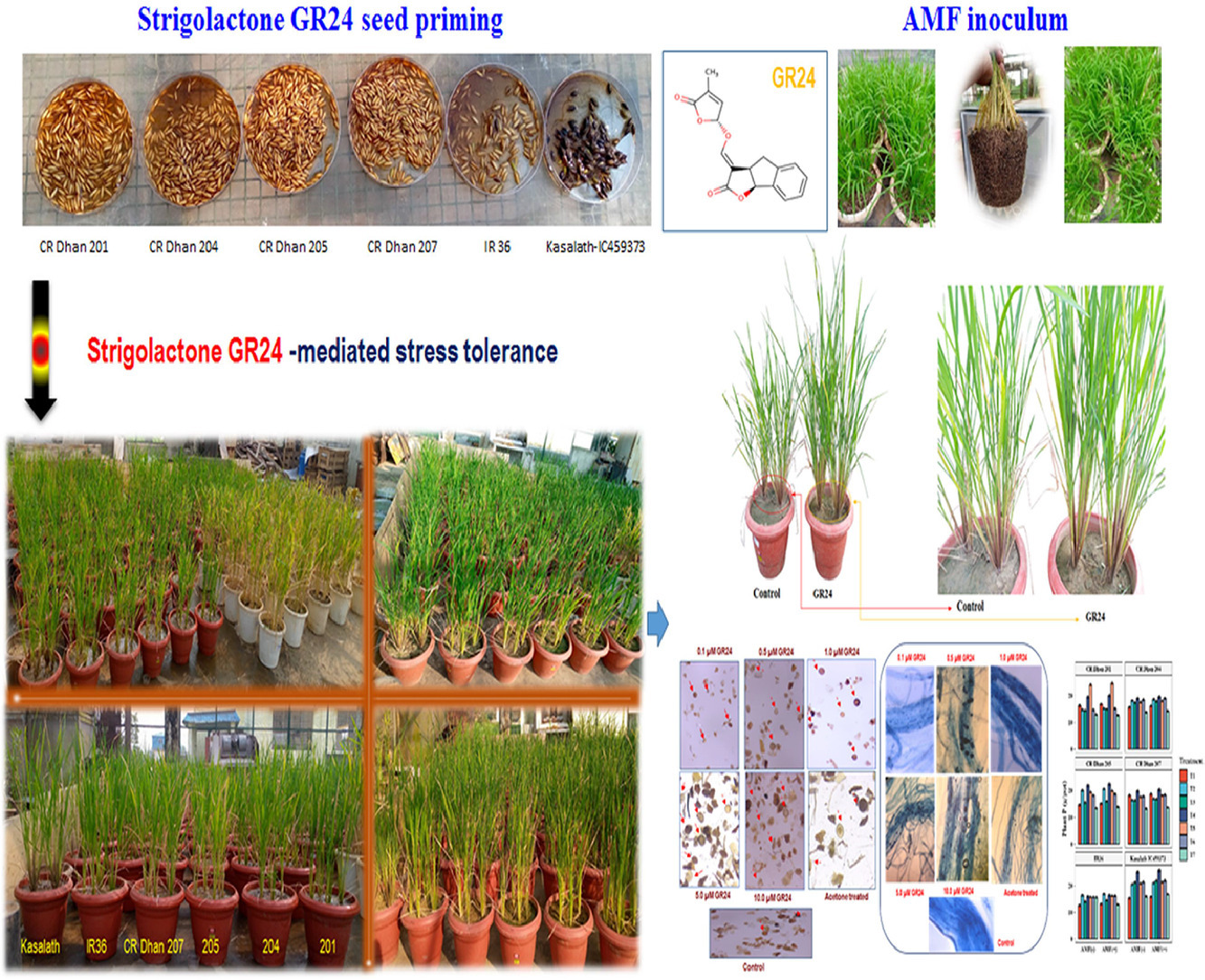Elsevier,
The Lancet Regional Health - Americas, Volume 29, January 2024
This Article supports SDG 3 by showing that mobile health clinics can be a feasible and effective way of providing hepatitis C services to underserved, at-risk populations who face barriers to care. Policymakers should consider implementing such programmes in order to increase diagnosis and treatment rates and improve outcomes among these populations.
Elsevier,
The Lancet Regional Health - Europe, Volume 36, January 2024
This Article supports SDG 3 by estimating the prevalence of chronic hepatitis C virus infection in Europe and suggesting that EU countries need to scale up testing and treatment linkage, as well as review overall strategies for hepatitis prevention.
Elsevier,
Materials Today, Volume , 2024
The article ties into several Sustainable Development Goals (SDGs), particularly SDG 9 (Industry, Innovation, and Infrastructure) and SDG 12 (Responsible Consumption and Production). It emphasizes the need for sustainable technology, innovations, and policies to address the challenges in metals production, highlighting the importance of recycling, reuse, and the development of green technologies to meet international environmental goals.
Elsevier,
Current Research in Microbial Sciences, Volume 6, January 2024
Strigolactones (SLs) are a new class of plant hormones that play a significant role in regulating various aspects of plant growth promotion, stress tolerance and influence the rhizospheric microbiome. GR24 is a synthetic SL analog used in scientific research to understand the effects of SL on plants and to act as a plant growth promoter.

